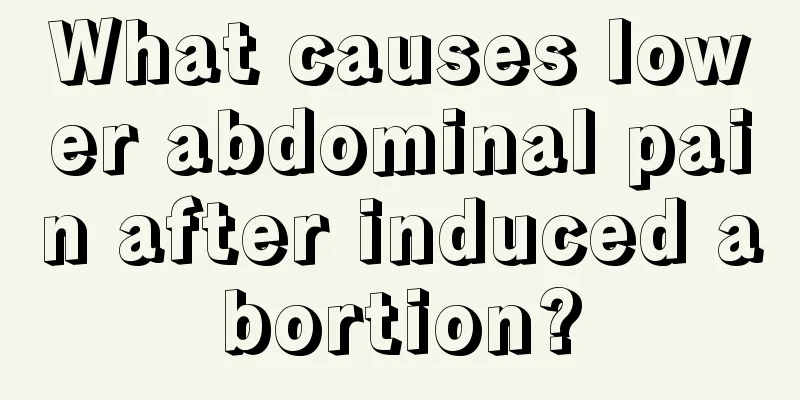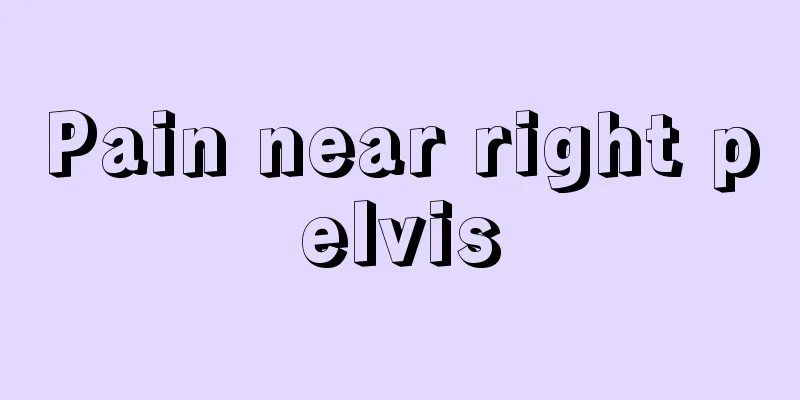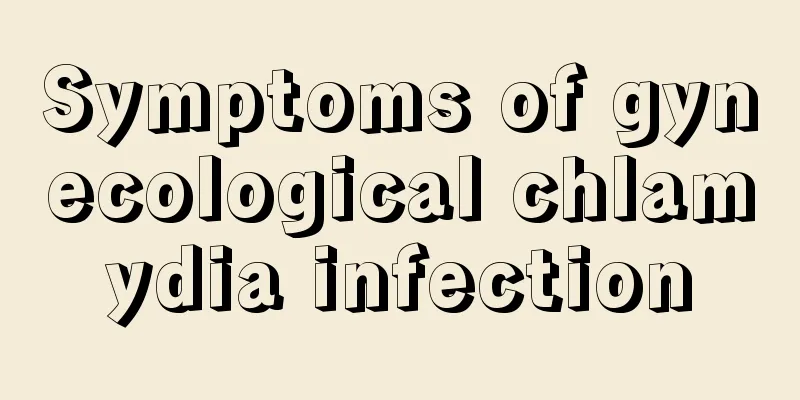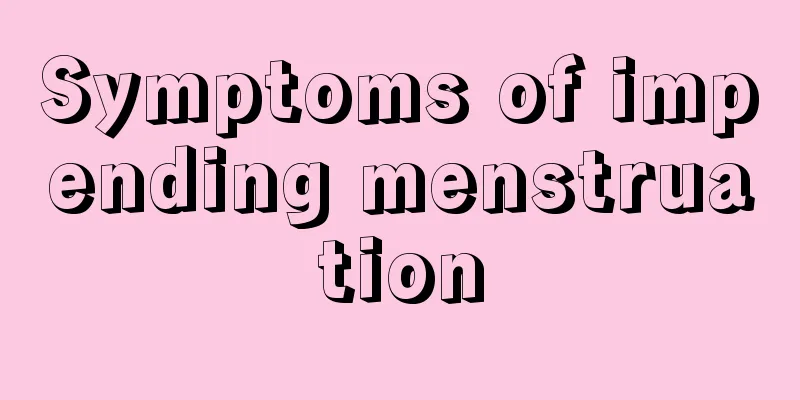Why does it hurt to touch my nipples?

|
If your nipples feel painful when they are touched, you should determine whether you are menstruating. Many female friends will have this reaction during their menstruation. If this is the case, there is no need to do anything because it is a normal physiological reaction. However, if this happens outside of your menstrual period, you should pay more attention to it. Sometimes it is caused by mastitis or other diseases such as breast hyperplasia. About 2/3 of women experience breast pain or discomfort before menstruation. The entire breast becomes swollen, hard, and tender, and the original granular or nodular feeling becomes more obvious. This is a physiological phenomenon. For most women, the swelling and pain are not serious and can be tolerated; however, a few sensitive women feel unbearable swelling and pain when their breasts are subjected to slight vibrations or collisions. They may even be afraid to walk or dress, and hold their breasts with their hands all day long. This is mainly caused by increased estrogen levels in the body 1 to 2 weeks before menstruation, breast hyperplasia, cell enlargement, and edema of the breast interstitial tissue. After menstruation, estrogen levels drop, the above changes disappear, the breasts become loose and soft, the swelling and pain suddenly disappear, and the next premenstrual symptoms reappear. Generally, there is no need to deal with this. Just keep a cheerful mood and relax mentally. In severe cases, you can pay attention to eating a light diet or take a small amount of diuretics, vitamin B1, vitamin B6, etc. before menstruation. Breast tenderness during pregnancy Breasts may feel swollen 40 days after menstruation stops. In severe cases, there may be breast and nipple pain, which may last throughout pregnancy. This is because the placenta and villi secrete large amounts of estrogen, progesterone, and prolactin, which cause breast hyperplasia and breast enlargement. It is also a preparation for breastfeeding and is a physiological phenomenon. As your breasts grow larger, you should promptly change to a wider bra and avoid binding your breasts. If the bloating stops suddenly, it often indicates that the fetus may have died, and you should go to the hospital for examination immediately. Postpartum breast tenderness Three days after delivery, the breasts become swollen, painful, and hardened, even extending to the accessory breast glands in the armpits, accompanied by low fever. This is mainly due to breast lymph retention, venous congestion and interstitial edema, and obstructed mammary ducts. Generally, the pain will subside after 7 days of delivery when the milk starts to flow smoothly. Methods to prevent and treat postpartum breast pain include: ① In late pregnancy, squeeze out a small amount of colostrum in the breast to prevent it from being retained in the duct and forming a thrombus, blocking the mammary duct; ②Breastfeed as soon as possible after delivery; ③ Apply warm compresses to the breasts before breastfeeding and do some gentle massage to promote smooth milk flow. |
<<: Does chest pain on the third day after ovulation mean pregnancy?
>>: Dark brown blood in underwear after running
Recommend
Why add wine to fried peanuts? What is the effect of adding wine to fried peanuts?
As we all know, peanuts are a common food. They c...
Why do I have chest pain all the time?
I believe every woman has experienced breast pain...
Can pelvic inflammatory disease be cured?
Pelvic inflammatory disease is a gynecological di...
Is it better to have a normal abortion or a painless abortion?
Nowadays, many people have more open sexual attit...
In "Ordinary World", Sun Shaoping drank vinegar to lower his blood pressure. Is it true? Doctors debunked the rumor
Many people asked me, can drinking vinegar lower ...
How long does it take to have an abortion?
Many female friends, due to various reasons, unfo...
Lateral femoral cutaneous neuritis in women
The main causes of lateral femoral cutaneous neur...
What is the situation of abdominal pain in one month of pregnancy
Abdominal pain during pregnancy is very common an...
Does anterior uterus pregnancy show pregnancy
Anterior uterus is a relatively common body posit...
How to celebrate Valentine's Day during the 2020 epidemic? Do we still need to give gifts on Valentine's Day on February 14th?
Before we know it, we are about to welcome Valent...
What to do with postpartum hypotension
Some women after childbirth experience dangerous ...
What are the symptoms of syphilis in women
In recent years, surveys have found that people&#...
Milk, the source of life
This is the 4239th article of Da Yi Xiao Hu Do yo...
What causes moderate cervical erosion?
Some women experience vaginal bleeding during int...









